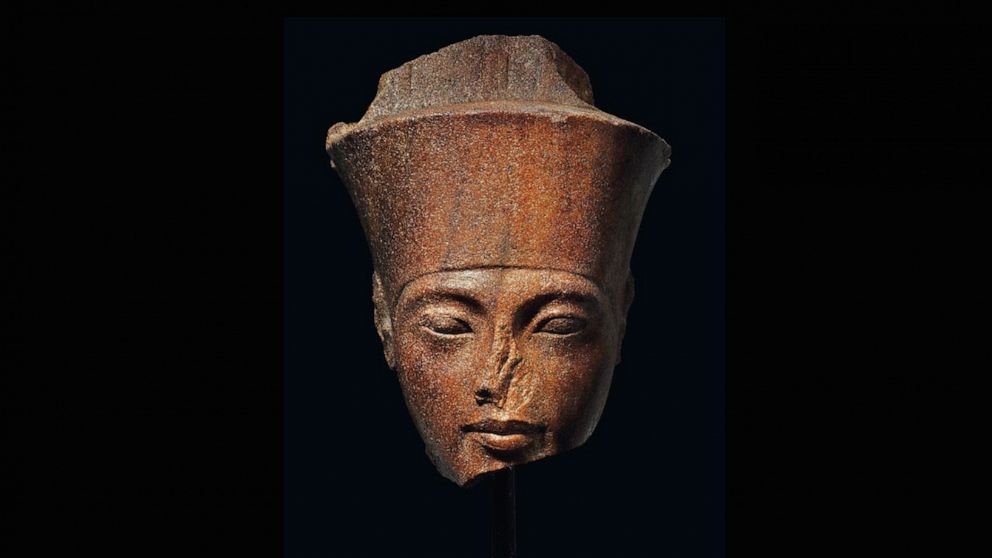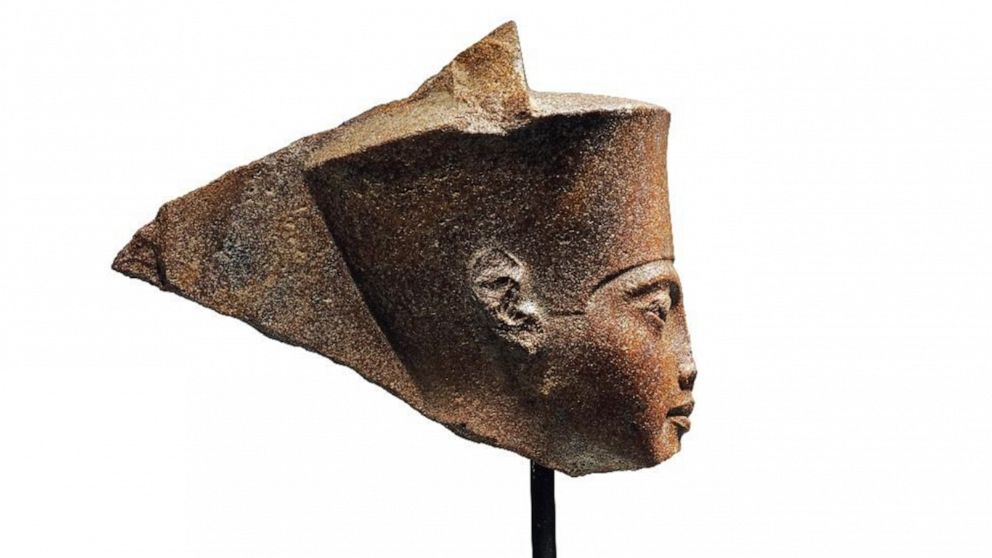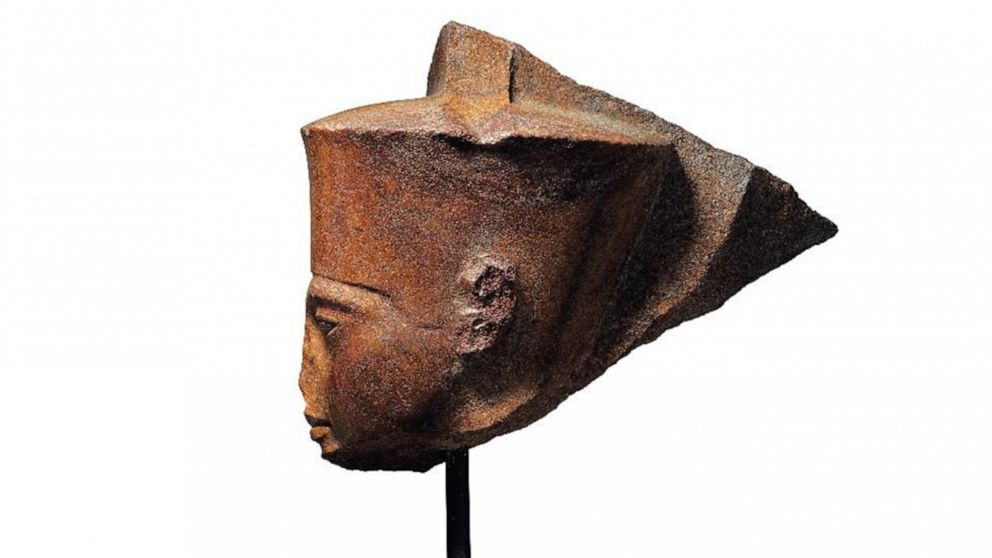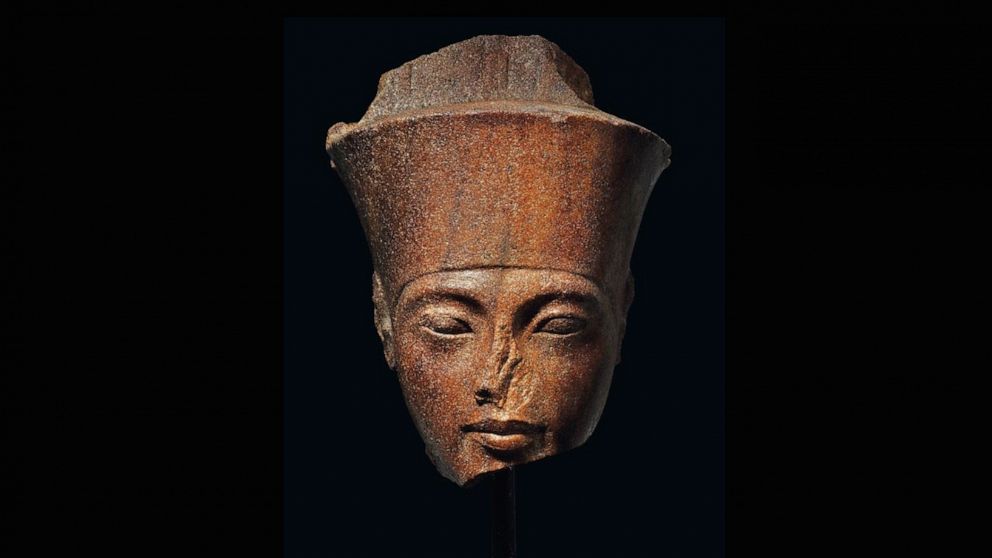Egypt can demand return of King Tut statue going up for auction: Former antiquities chief
Zahi Hawass, a renowned Egyptian archaeologist, alleges the statue was stolen.

Egypt has the right to demand the repatriation of a stone sculpture of King Tutankhamun before it goes up for auction at Christie's in London next month, according to the country’s former antiquities chief.
Zahi Hawass, a renowned Egyptian archaeologist, has spearheaded numerous campaigns to repatriate Egyptian artifacts, and alleges the statue was stolen.
"It seems that this sculpture was looted from [Luxor's] Karnak Temple. Christie's would not have any proof whatsoever of its ownership,” Hawass told ABC News.
Christie’s responded to ABC News, saying, "Ancient objects by their nature cannot be traced over millennia. It is hugely important to establish recent ownership and legal right to sell which we have clearly done."

"We would not offer for sale any object where there was concern over ownership or export," Christie's said in a statement. "The work has been widely exhibited and published and we have alerted the Egyptian Embassy so they are aware of the sale. There is a long-standing and legitimate market for works of art of the ancient world, in which Christie’s has participated for generations. Christie’s strictly adheres to bilateral treaties and international laws with respect to cultural property and patrimony."
A 3,000-year-old bust of the famous boy king, who ruled Egypt from 1332 to 1323 B.C., is scheduled to be sold on July 4.
The quartzite statue, which portrays the boy king as Amun, the ancient Egyptian god of the sun and air, could generate at least 4 million pounds (more than $5 million), according to the auction house. Christie's is in contact with Egyptian authorities over the sale, the Financial Times reported.
The Egyptian Ministry of State Antiquities has launched an investigation into the planned sale to take "the required legal measures in coordination with the foreign ministry,” Shaaban Abdel-Gawad, head of the repatriation department, said in a statement last week.
"If it's proven that any piece has been illegally moved out of the country, we will take a legal action with the Interpol,” he wrote. “We will never allow anyone to sell any ancient Egyptian artifact."

The statue is expected to be sold by a private collector, and is part of what is known as the Resandro Collection, according to the Financial Times.
Egypt introduced a law in 1983 to regulate the ownership of Egyptian antiquities, saying any ancient artifacts discovered in the country are considered state properties "with the exception of antiquities whose ownership or possession was already established at the time this law came into effect."
Hawass believes that regardless of any laws, Egypt has an "ethical right" to recover the Tutankhamun bust.
"This piece was smuggled out of the country and Christie's cannot prove otherwise. It's totally Egypt's right," he said.
To mark the centenary of Tutankhamun's tomb discovery, Egypt embarked on a world tour of 150 King Tut artifacts earlier this year, which includes 60 pieces that have never left the country.

The exhibition kicked off in Paris in March and will move to locations around the world including London, California and Sydney until 2021.
A museum to house those artifacts and many others, the Grand Egyptian Museum, located near the Giza Pyramids, is currently under construction.




